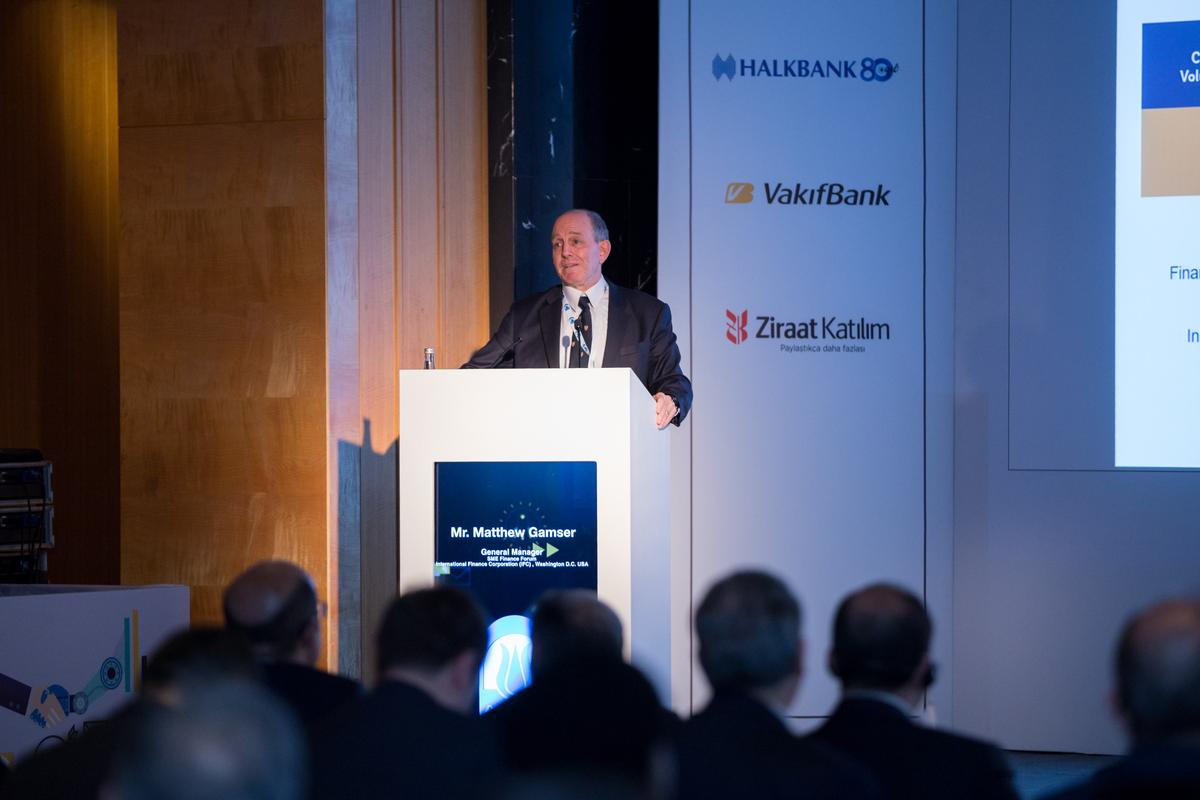Blog
The role of credit guarantee schemes in the sustainability of MSMEs ecosystem during the period of conflicts: Evidence from Yemen

Introduction
The ecosystem of Micro, Small and Medium Enterprises (MSMEs) has been recognized as a critical driver of economic growth and development in many countries worldwide. These enterprises play a crucial role in creating employment opportunities, generating income, reducing poverty, and improving the standard of living for people globally. In times of conflict, MSMEs play a critical role because they provide essential goods and services to communities such as food and medical supplies, or other necessities that are difficult to access due to conflict-related troubles. MSMEs also create jobs, which can help to mitigate the impact of conflict-related unemployment on households and communities. However, the sustainability of MSMEs is often threatened during periods of conflict, which can lead to significant commotions to their operations, access to finance, infrastructure disruptions, and supply chain interruptions. In this blog, we will explore the main challenges MSMEs face in times of conflict, and the role of credit guarantee schemes in ensuring the sustainability of the MSMEs’ ecosystem in such times while highlighting the Yemeni experience in this regard.
MSMEs main challenges during conflicts
MSMEs face numerous challenges during periods of conflict, which can undermine their sustainability. One of the most significant challenges is access to finance. During conflicts, banks and other financial institutions may become hesitant to lend out money, leading to high-interest rates or even a complete lack of access to credit, making it difficult for MSMEs to access the financing they need to grow or maintain their operations. This can force many businesses to close, exacerbating unemployment rates and reducing economic activity.
Infrastructure disruptions also pose a significant challenge to MSMEs during periods of conflict. Electricity, water, and transportation systems may be damaged or destroyed, making it difficult for businesses to operate. Additionally, lack of access to technology and communication systems can also limit the ability of businesses to operate and reach customers.
Other ways that MSMEs are affected by conflicts is through the interruption of supply chains. When conflict occurs, it can be difficult or impossible for businesses to access the raw materials and other resources they need to produce their goods or services. This can result in a slowdown or even a complete halt to production, leading to financial losses and potentially putting the business in jeopardy.
Role of credit guarantee schemes in such circumstances
A credit guarantee scheme is a financial mechanism that aims to reduce the risk of lending to MSMEs by providing a guarantee on behalf of the borrower. In other words, it is a form of insurance that provides lenders with a safety net against potential losses due to loan defaults. Credit guarantee schemes are typically funded by governments or international organizations and operate through intermediaries such as banks, microfinance institutions, and non-bank financial institutions.
The role of credit guarantee schemes in the sustainability of the ecosystem of MSMEs during conflict times cannot be overstated. First and foremost, credit guarantee schemes provide much-needed financing to small businesses that would otherwise have limited access to credit by bridging the financing gap through providing guarantees to lenders, encouraging them to lend to small businesses.
Additionally, credit guarantee schemes help to stabilize the ecosystem of MSMEs by reducing the potential for business closures and bankruptcies. During times of conflict, small businesses may be forced to shut down due to disrupted supply chains, destroyed infrastructure, reduced access to finance, and labor shortages. This can lead to a decline in economic activity, job losses, and increased poverty. Credit guarantee schemes can prevent these negative outcomes by providing a safety net for small businesses, encouraging them to continue operating even in the face of challenging circumstances.
Moreover, credit guarantee schemes can facilitate the reconstruction and rehabilitation of damaged infrastructure. During periods of conflict, physical infrastructure such as buildings, roads, and bridges may be destroyed or damaged. This damage can make it difficult for small businesses to operate and meet the needs of their customers. Credit guarantee schemes can provide financing for the reconstruction and rehabilitation of damaged infrastructure, thereby creating an enabling environment for small businesses to operate.
The case of Yemen
Yemen is a country that has been facing numerous challenges in recent years due to ongoing conflict and political instability that began in late 2014. These challenges have impacted all aspects of society, including the business community. In particular, MSMEs in Yemen have been hit hard by the crisis. According to a UNDP and SMEPS Rapid Business Survey (2015), more than 26% of all businesses have closed with the most affected ones belonging to the services sector (35% of total). By enterprise size, 35% of medium enterprises and 27% of small business were forced to shut their doors compared to 17% of large firms and 24% of micro businesses. The said survey indicated also that 73% of businesses had no access to finance since the war broke out.
Despite these challenges, there are initiatives in place to support Yemeni MSMEs. One of these is the Yemen Loan Guarantee Program (YLGP), which was launched in July 2017 by the Social Fund for Development, Yemen. The program aims to address the challenges faced by MSMEs in accessing finance by providing guarantees to banks and other financial institutions that lend to these businesses.
By the end of 2022, the YLGP has issued over 6900 letters of guarantee to enable more than 6300 MSMEs across Yemen to access loans equivalent to over $34 million. The role of the program is not limited to enabling MSMEs to access financial services only, but it goes beyond into its contribution to improve many facilities that have been destroyed by the conflict, as 13% of the loans guaranteed by the program was for the purpose of purchasing and installing solar systems, and thus the program contributed to bridge the gap between MSMEs and the energy infrastructure which was affected by the conflict, and 42% of the guarantees were enabled MSMEs to have loans for the purpose of purchasing raw materials required, whether for industrial or agricultural production, as well as with commodities that they could not buy without financing, and thus, it contributed to bridge the supply chain gap that the conflict expanded.
Conclusion
In conclusion, credit guarantee schemes play a critical role in supporting the sustainability of the MSMEs’ ecosystem during periods of conflicts. They provide much-needed financing to small businesses that would otherwise have limited access to credit, stabilize the ecosystem of MSMEs, and facilitate the reconstruction and rehabilitation of damaged infrastructure. Policymakers should recognize the importance of credit guarantee schemes in supporting the sustainability of the MSMEs during periods of conflicts and develop strategies to promote their use. By doing so, we can ensure that MSMEs continue to thrive, even amidst the most challenging conditions, and the Yemeni experience in supporting MSMEs in such circumstances could serve as a model for other countries facing similar challenges.
Sources
- UNDP & SMEPS (2015), Rapid Business Survey –
https://www.undp.org/yemen/publications/undp-smeps-rapid-business-survey
- The YLGP Annual report 2022 –
https://www.ylg-yemen.org/_files/ugd/82b85d_8562d5fe47644538ab12044bb8938bc6.pdf









